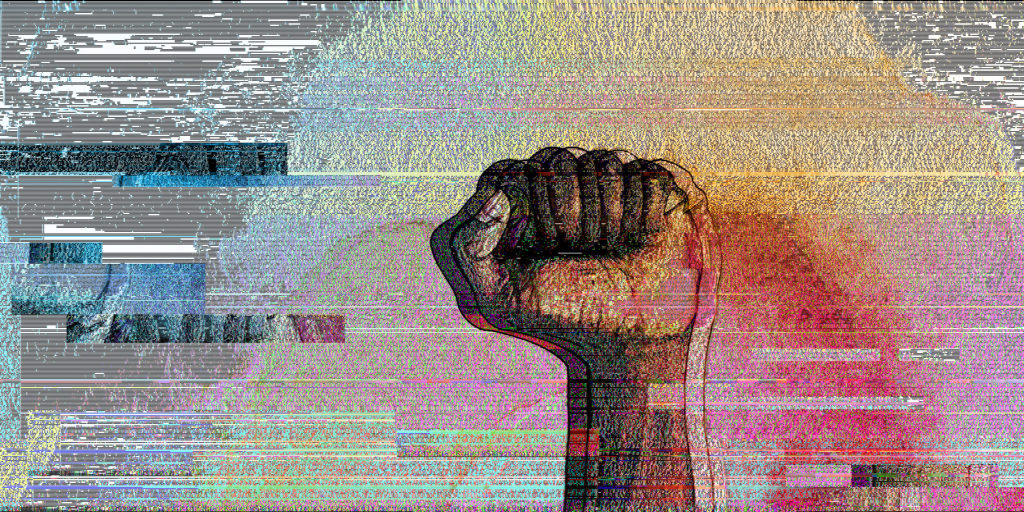Lire en Français / للقراءة بالعربية
“The authorities should immediately drop any further consideration of the leaked draft law and ensure that any future laws regulating civil society organizations adhere strictly to international human rights law,” said Amine Ghali, Director of the Kawakibi Democracy Transition Center.
Under existing law, people may form a civil society organization with automatic legal status simply by notifying the relevant authorities. Articles 10 through 12 of the leaked draft law would restore a Ben Ali era requirement for government authorization before an organization can legally operate.
The draft law states that associations may not “threaten the unity of the state or its republican and democratic system,” and says that their published material must align with “integrity,” “professionalism,” and “legal and scientific regulations,” broad wording that would allow for abusive enforcement by the authorities, the groups said.
Under existing law, civil society organizations must publish details of all foreign funding. Article 35 of the leaked draft law would impose a new requirement that all foreign funding be approved by the Tunisian Financial Analysis Committee (CTAF), a unit within the Tunisian Central Bank tasked with fighting money-laundering and terrorism financing.
While combatting money-laundering and terrorism are legitimate objectives, they should not be used as pretexts to control or prohibit foreign funding for civil society organizations by requiring prior approval. According to a survey of 100 civil society organizations in Tunisia published in 2018, nearly two-fifths said that they relied either partly or mainly on funding from abroad.
Under the existing law, civil society organizations may only be dissolved at will by their own members, or by the courts in response to a petition filed by the government. The leaked draft law would empower authorities within the office of the Head of Government to summarily dissolve civil society organizations that remained inactive beyond a certain length of time. It might also permit the authorities to dissolve such groups at will and outside of judicial procedure, although the relevant provisions are ambiguous.
“Freedom of association – including the right to form and operate civil society organizations free from undue interference by the government – is a basic human right and guaranteed under international law and the Tunisian constitution,” said Alaa Talbi, Executive Director of the Tunisian Forum for Economic and Social Rights.
Under Article 38 of the Guidelines on Freedom of Association and Assembly in Africa, governments may neither impose blanket bans on foreign funding for civil society organizations nor subject foreign funding to government authorization. The guidelines reflect the provisions of the African Charter on Human and Peoples’ Rights, to which Tunisia is a state party.
Tunisia is obliged to respect, protect, promote, and fulfil the right to freedom of association, set out in Article 22 of the International Covenant on Civil and Political Rights and Article 10 of the African Charter on Human and Peoples’ Rights. Limitations on this right are only permissible when they are prescribed by law, and necessary in a democratic society; that is, using the least restrictive means possible and reflecting basic values of pluralism and tolerance. “Necessary” restrictions must also be proportionate; that is, carefully balanced against the specific reason for imposing the restriction and not discriminatory, including on the grounds of national origin or political opinion or belief.
On July 25, Saied dismissed then-head of government, Hichem Mechichi, and suspended parliament. On September 22, he issued Presidential Decree 2021-117, which suspends most of Tunisia’s constitution, grants the president the exclusive right to enact laws by decree, dissolves a temporary body to vet the constitutionality of laws, and bars anyone from overturning decree-laws via Tunisia’s Administrative Tribunal.
On February 12, 2022, Saied weakened judicial independence by issuing a decree dissolving Tunisia’s top independent judicial body, the High Judicial Council – set up in 2011 to shield judges from government influence – and granted himself broad powers to intervene in the functioning of the judiciary.
Signatories:
- Access Now
- Al Bawsala
- Amnesty International
- Arab Reform Initiative
- Euromed Rights
- Human Rights Watch
- Jamaity
- Lawyers Without Borders
- Legal Agenda
- Mourakiboun
- Observatoire International des Associations et Développement Durable
- Tunisian Association for the Defence of Individual Liberties
- Tunisian Forum for Economic and Social Rights
